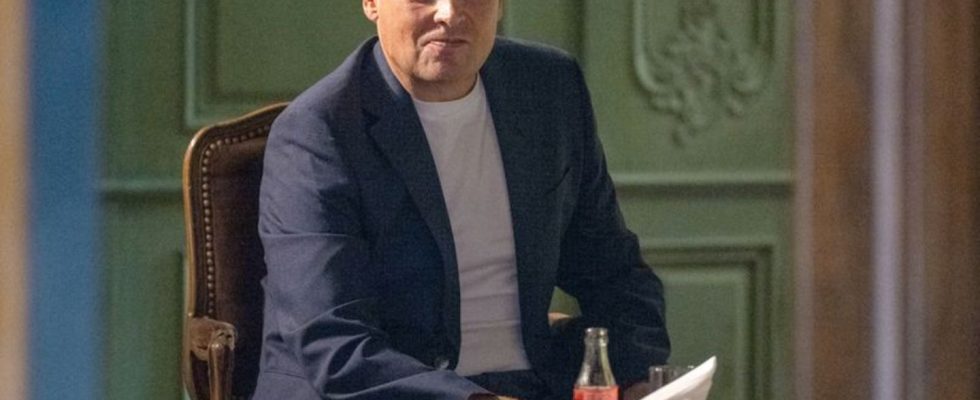Cycling
“Didn’t want to be a traitor”: Ullrich talks about doping
In 1997, Jan Ullrich was the only German to win the Tour de France. photo
© Christian Kolbert/Kolbert-Press/dpa
Jan Ullrich talks in more detail about doping for the first time. There is no clear personal confession. The former cycling star addresses the circumstances at Team Telekom.
However, he did not want to go public with the equal opportunity argument in 2006 after he was suspended from the team because of connections to the Spanish doping doctor Eufemiano Fuentes. “I didn’t want to be a traitor. I didn’t want to come out with half-truths and certainly not with the whole truth,” said Ullrich, citing legal constraints. “There were livelihoods hanging on it, families, friends. The lawyers told me: Either you go out and tear everything down, or you don’t say anything at all.”
No chance without doping
In the past he lacked the strength to say “I doped”. He doesn’t say it in the “Stern” interview either. Ullrich talks about doping without explicitly confessing. However, this could follow in the Amazon documentary “Jan Ullrich – The Hunted”, which will be released on November 28th.
Doping was normal in cycling and the inhibition threshold was correspondingly low. “The general attitude was: If you don’t do that – how are you going to survive in a race? Then you ride in the peloton and you know that you’re probably one of those who have nothing in it and that’s why you have zero chances,” said Ullrich .
Ullrich now regrets not having spoken out in detail about doping earlier. “From today’s perspective, I should have spoken. It would have been very hard for a brief moment, but after that life would have been easier,” said the Rostock native. However, there is no point in mourning it.
Criminal proceedings prevented confession
In 2007, drivers like Bert Dietz, Christian Henn, Udo Bölts, Rolf Aldag, Erik Zabel and Bjarne Riis publicly admitted doping. Ullrich did not join his teammates. “There was still criminal proceedings going on against me at the time. My lawyers recommended that I remain silent. Advice that I followed, but I suffered from the consequences for a long time,” said the Sydney Olympic champion.
In 2012, Ullrich was banned for two years by the International Court of Arbitration for Sports (Cas), and various successes between 2005 and 2006 were revoked. Between 2010 and 2020, Ullrich made many negative headlines in his private life.
Armstrong helped in the darkest hours
In 2015 he wanted to start a new life by moving to Mallorca. “But it didn’t work for me. On the contrary. In the end, the crash followed – it couldn’t get that deep, any deeper,” said Ullrich. Because of his alcohol escapades, his then wife Sara went back to Germany with their three children. Then the “total crash” began.
Ullrich drank up to two bottles of whiskey a day and consumed cocaine. “It was a complete stun,” said the ex-professional. With the help of his once biggest rival, Lance Armstrong, among other things, Ullrich fought his way out of his long-term slump and found his way back into a regular everyday life. “I’m hungry for life again,” said Ullrich.

